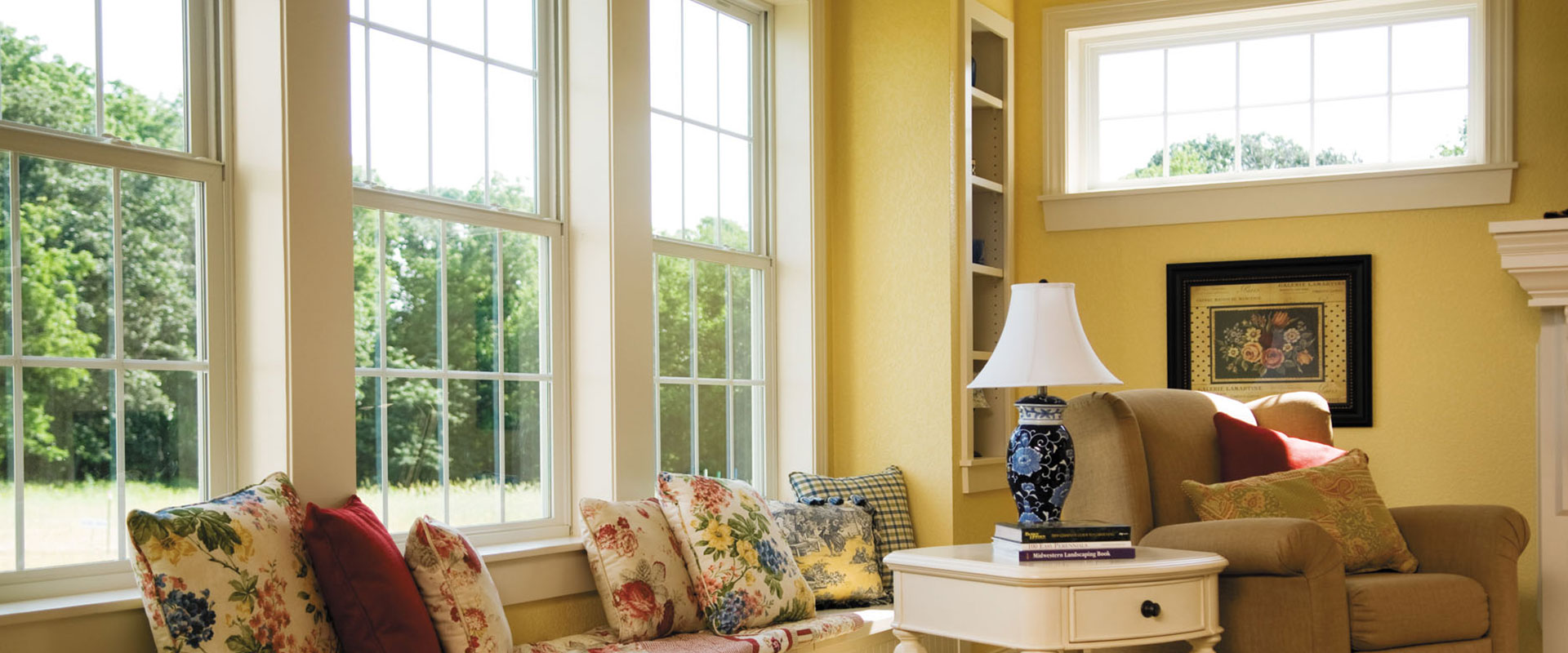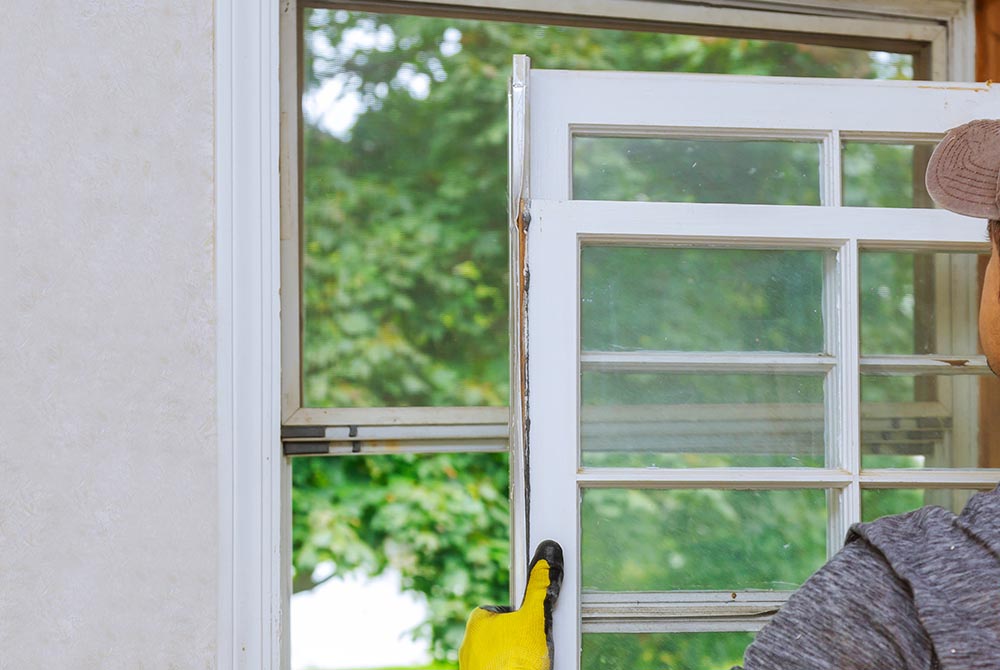Woodlands Window Replacement Solutions for Elegant Homes
Woodlands Window Replacement Solutions for Elegant Homes
Blog Article
Upgrade Your Home With Energy-Efficient Home Window Substitutes
In the world of home renovation, the choice to upgrade to energy-efficient window substitutes can significantly impact both the functionality and appearances of a residence (Cypress window replacement). As house owners seek methods to boost the efficiency and sustainability of their living areas, the selection of home windows plays a crucial role in accomplishing these objectives. Past the surface degree of plain looks, energy-efficient home windows provide a wide variety of benefits that go past mere visual charm. With a mindful option procedure that takes into consideration numerous variables, from glass types to installation techniques, embarking on this home upgrade journey might verify to be a transformative undertaking.
Benefits of Energy-Efficient Windows

The installment of energy-efficient windows supplies substantial cost savings on utility costs while enhancing ecological sustainability. Additionally, energy-efficient windows can aid manage wetness degrees within the home, reducing the danger of mold and mildew and mold development.
Past the monetary benefits, energy-efficient windows add to ecological sustainability by decreasing carbon exhausts linked with energy manufacturing. By reducing power usage, these home windows aid reduce the environmental impact of lighting, cooling, and heating household rooms. This decrease in power usage plays a critical role in combating climate adjustment and advertising a greener future for generations ahead. Overall, buying energy-efficient windows not only boosts the convenience and performance of a home yet additionally aligns with environmentally aware methods.
Sorts Of Energy-Efficient Glass
Numerous innovative kinds of energy-efficient glass deal special residential or commercial properties that accommodate various requirements and choices in improving the sustainability and efficiency of structures. Low-emissivity (Low-E) glass is a preferred choice developed to minimize the quantity of ultraviolet and infrared light that can pass via the glass, consequently decreasing heat transfer. This sort of glass assists maintain a consistent interior temperature, reducing the demand for heating or cooling systems, and inevitably reducing power expenses. Another ingenious choice is spectrally selective glass, which permits visible light to travel through while obstructing certain kinds of infrared radiation. This aids in keeping a comfortable interior atmosphere while minimizing warmth gain. Triple-pane glass, containing 3 layers of glass with shielding gas between them, supplies enhanced thermal insulation, making it very energy-efficient. Furthermore, self-cleaning glass with a special finishing that breaks down and loosens up dust when exposed to sunshine can lower upkeep requirements and keep windows looking clean. Each kind of energy-efficient glass uses unique benefits, allowing homeowners to select the most ideal alternative based on their certain needs and goals.
Factors to Think About When Selecting
When pondering energy-efficient home window substitutes, it is essential to meticulously assess specific elements that line up with your sustainability objectives and preferred energy financial savings. One critical factor to consider is the window's energy performance scores, such as the U-factor and Solar Warm Gain Coefficient (SHGC) The U-factor procedures exactly how well the home window insulates, with lower numbers showing far better insulation, while the SHGC shows the home window's capacity to obstruct heat from sunshine. In addition, the home window framework material plays a considerable duty in power performance. Products like fiberglass, vinyl, or wood with thermal breaks are excellent selections for reducing warmth transfer. An additional crucial factor to consider is the window style and alignment worrying sunlight exposure. Picking the right home window style and tactically putting them can make the most of natural light while minimizing warmth gain or loss. Finally, setup high quality is key to ensuring the home windows do as intended. Correct installment aids stop air leakage, making certain ideal energy effectiveness. By meticulously reviewing these elements, you can select energy-efficient home windows that enhance convenience, minimize energy prices, and benefit the setting.
Setup and Maintenance Tips

Regular upkeep is crucial to protecting the effectiveness of your energy-efficient home windows. Inspect the weather-stripping and seals for any rips or spaces and replace them if required to maintain the home windows' energy performance. Richmond window replacement.
In addition, oil moving components such as hinges and locks to ensure smooth operation. By complying with these installation and upkeep tips, you can improve the power effectiveness of your home and lengthen the life-span of your energy-efficient windows.
Cost-Benefit Analysis of Upgrading

Energy-efficient home windows are made to lessen warm transfer, decreasing the need for home heating and cooling down systems to burn the midnight oil. This can result in significant financial savings on power expenses, particularly in regions with extreme temperatures. Furthermore, energy-efficient home windows can enhance the total worth of your home, making it more appealing to prospective purchasers if you choose to sell in the future.
When computing the cost-benefit analysis, consider the prospective savings on power expenses, any kind of offered incentives or discounts, and the life expectancy of the windows. While the initial price may be greater, the long-lasting savings and advantages of energy-efficient home windows make them a smart financial investment for property owners wanting to supreme windows and doors boost their building's energy performance and value.

Conclusion
In conclusion, upgrading to energy-efficient window replacements uses countless advantages such as reduced energy consumption, enhanced comfort, and expense savings. By selecting the proper kind of energy-efficient glass and thinking about aspects like structure product and installment, home owners can take full advantage of the performance of their home windows.
When considering energy-efficient window substitutes, it is critical to thoroughly evaluate particular aspects that straighten with your sustainability goals and wanted power savings. The U-factor measures just how well the home window shields, with reduced numbers suggesting much better insulation, while the SHGC indicates the window's capacity to obstruct warm from sunlight. By carefully evaluating these variables, you can pick energy-efficient windows that enhance convenience, minimize energy costs, and profit the setting.
While energy-efficient windows may have a greater in advance cost contrasted to standard windows, the lasting advantages commonly exceed the initial financial investment.In final thought, updating to energy-efficient window replacements uses countless advantages such as reduced power usage, increased convenience, and price financial savings.
Report this page